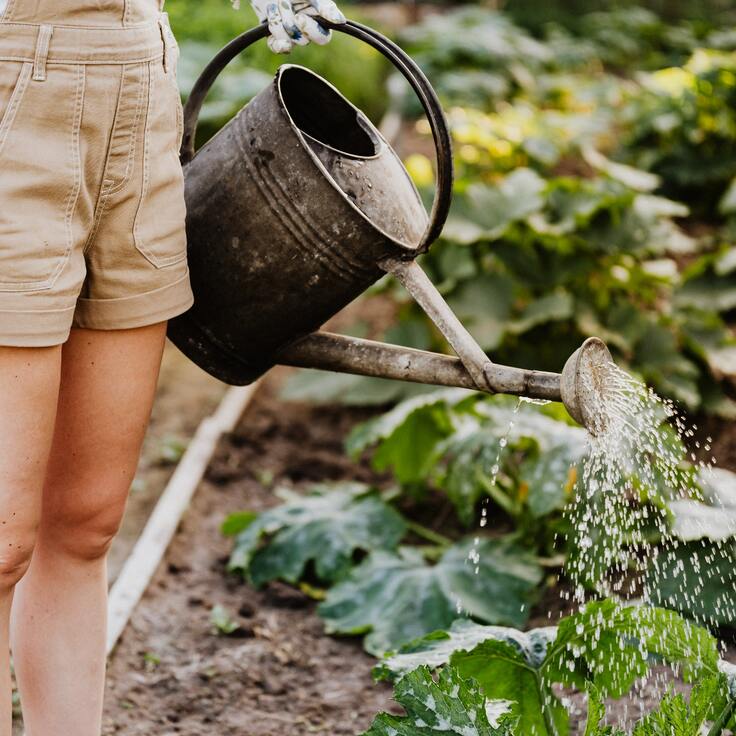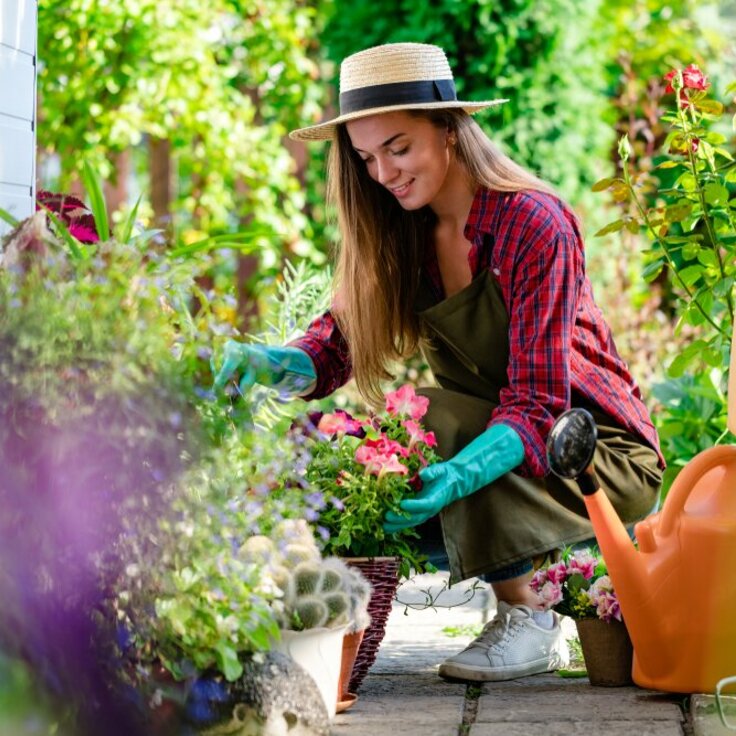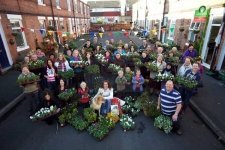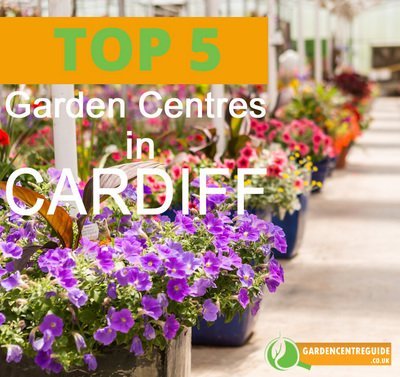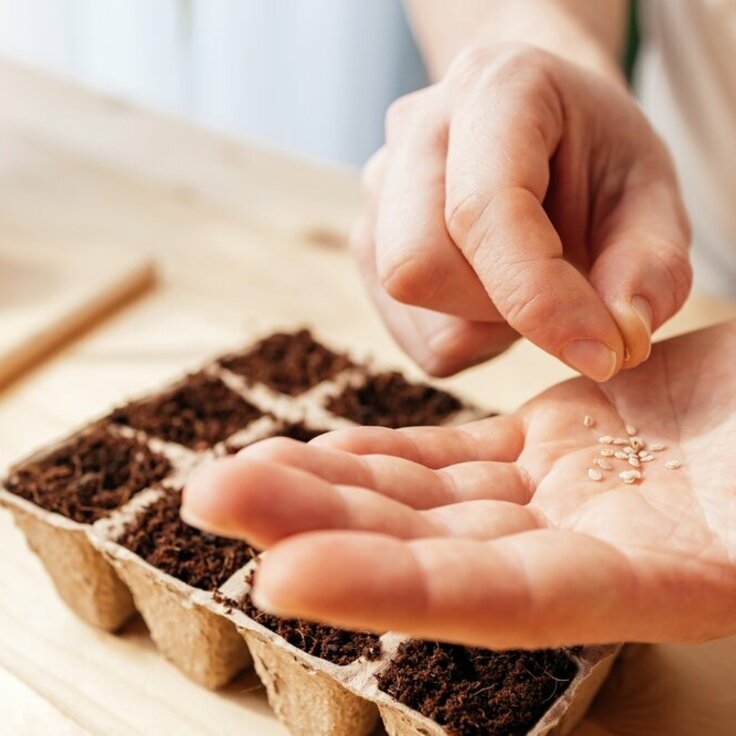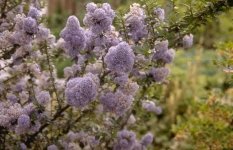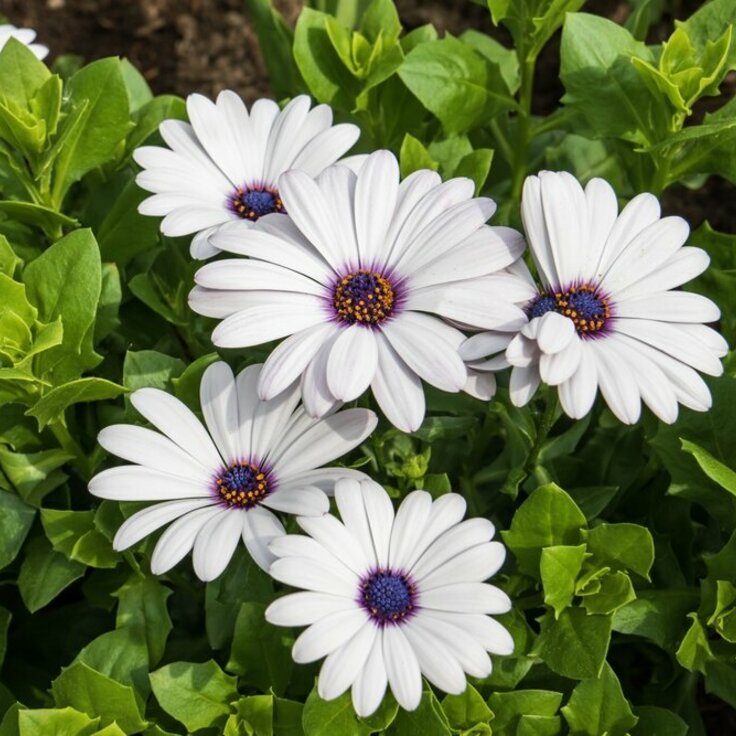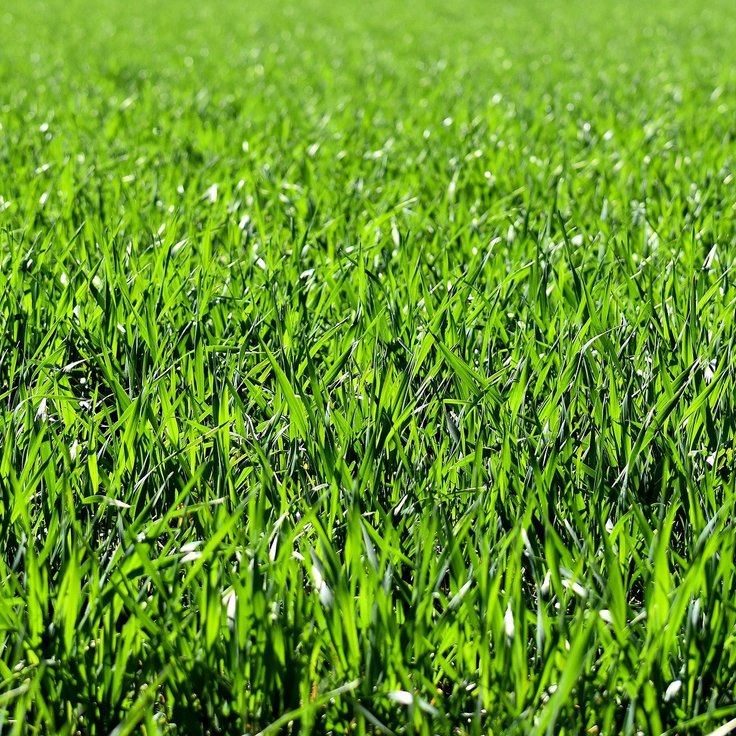Help save bees with gardening
Do you get frightened by the buzzing of bees? Bee stings are quite painful, but these tiny creatures play a major role in maintaining the earth’s ecosystem. They pollinate plants and thereby, assist in the growth of food crops.
But the environmental changes, since the beginning of the 21st century, threaten the existence of bees. On an average, a single bee colony pollinates around 300 million flowers every day. But bee hives lose 30-50% of bees during the winter season and recovers just 5-10% of the losses. If this goes on, bees will be wiped off the earth within a few years.
You can play your role in saving the bees. Here’s how:
Grow flowers and shrubs
Grow more flowers in your garden that blossom throughout the year. Even if you don’t have a garden where you can grow plants, you can get plant pots or hanging baskets to grow plants and save the nature.
Here are some plants that attract bees like nothing else:
- Poppies
- Roses
- Strawberries
- Calliopsis
- Passionflower
- Thyme
- Zinnia
- Sweet pea
- Sunflower
- Honeysuckle
- Blackberries
- Mint
- Buttercup
Avoid insecticides
Many gardeners use insecticides and pesticides to kill off bugs and pests. But keep in mind that bees are also insects. By using chemical insecticides in your garden, you may kill them off and damage the environment.
You should avoid using insecticides for your own good. Aside from bees, it’ll also help insects that can benefit your garden.
You should opt for native plants in your garden. These plants are less likely to experience pest infestation and even if pests target your garden, birds and insects will eliminate them.
Let the grass grow!
Don’t trim the grass in your garden and let it grow a little longer. Bees and other pollinators look for shelter among the grass. You can support this cause by reducing the use of mower.
Around 70% of bees’ species prefer living undergrounds, but some species look for a shelter on trees or natural cavities. Grow more trees in your garden where they can nest. Also, keep a pile of natural and untreated wood in your garden where bees can take shelter.
Leave bare ground
You don’t necessarily need to cover your entire gardening space with plants or grass. Leave a patch of ground empty to help save bees.
A majority of bee colonies dig holes in the ground to nest. They raise young bees in underground nests. When you add a layer of mulch to the soil, they can’t dig into the soil.
Therefore, you should refrain from adding mulch to a small area in your garden so that bees can easily find shelter.
Provide water
Don’t forget to provide clean water to bees. You can create a small shallow pond so that bees can find water near their nests.

